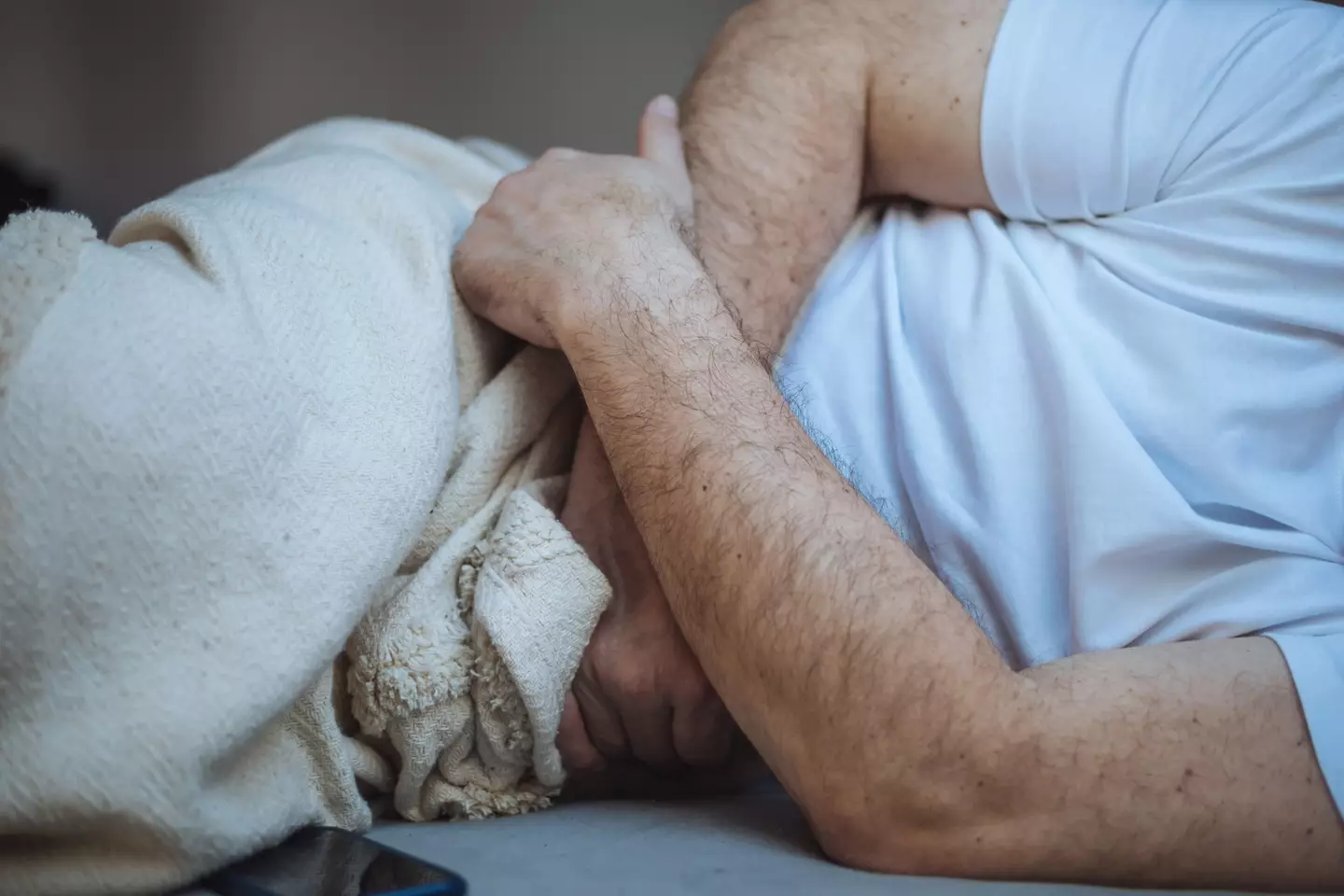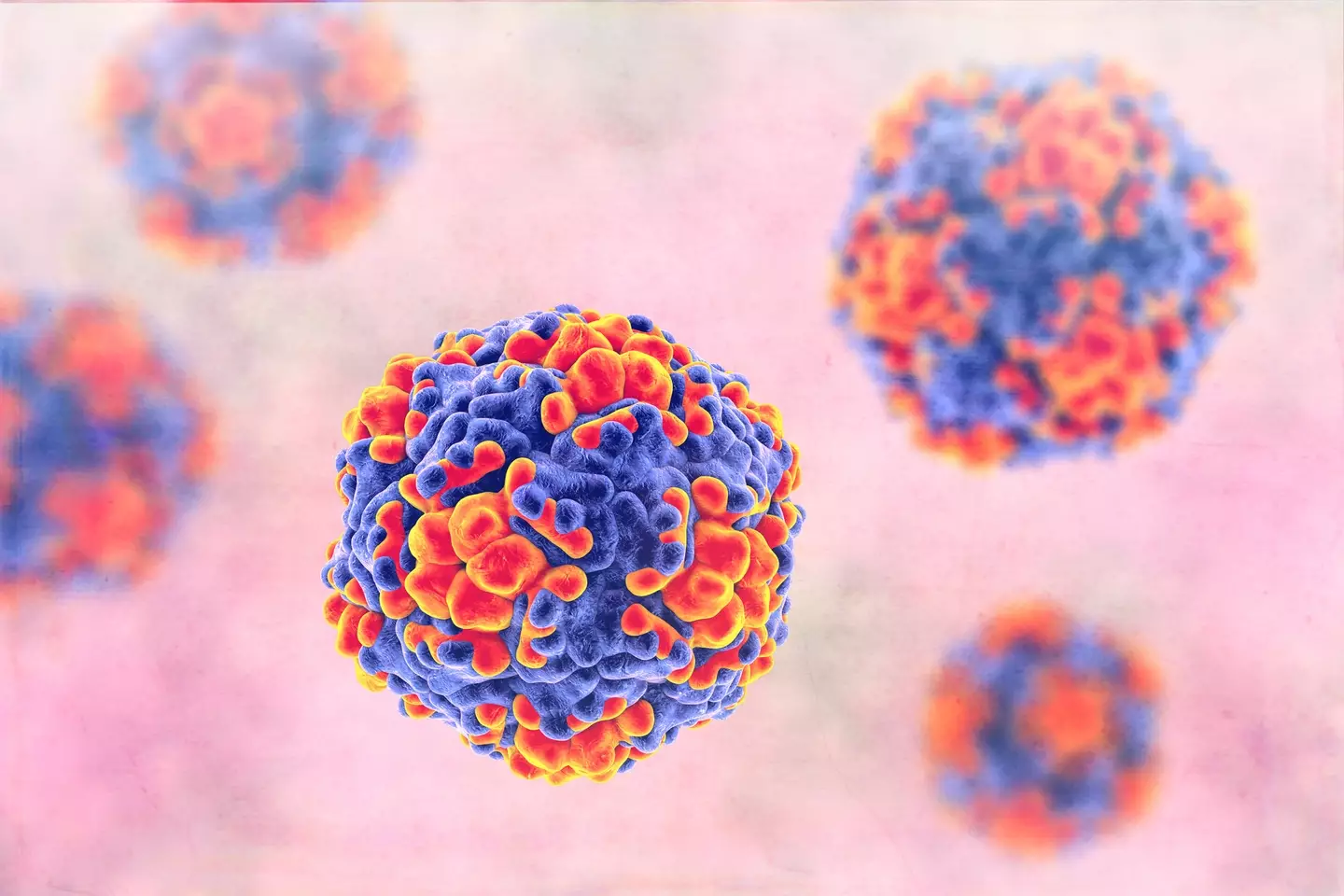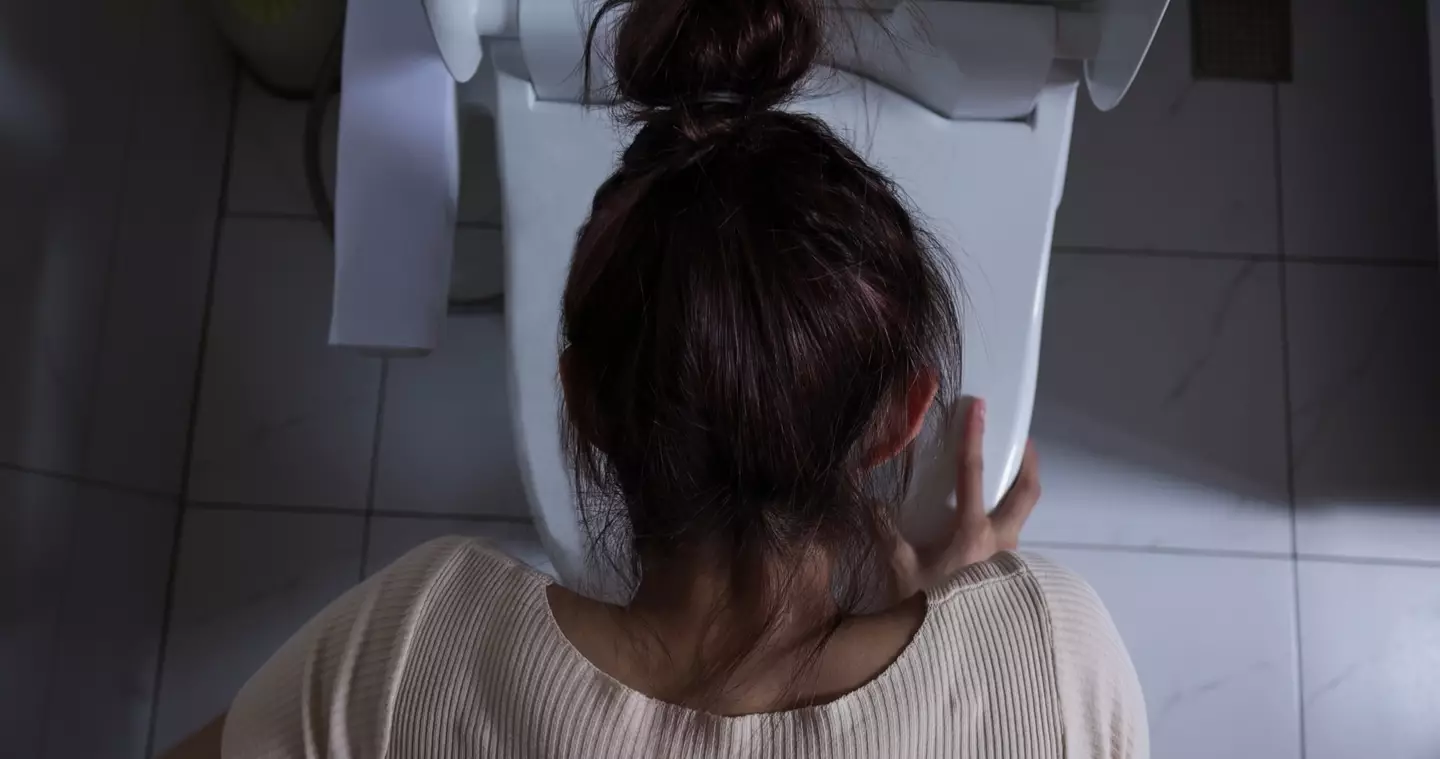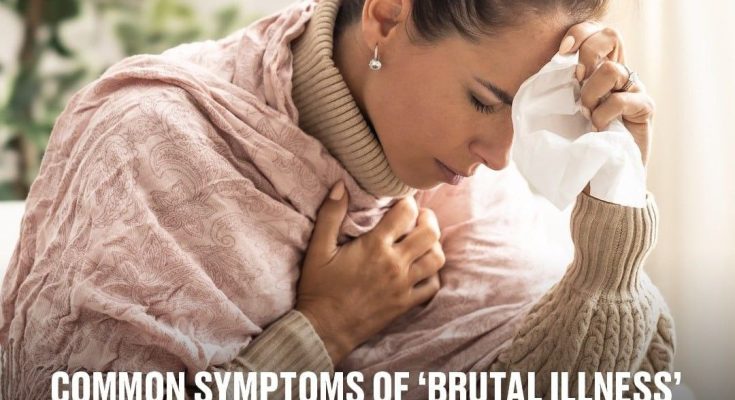It’s that time of year when nobody wants to spend money on anything, it’s too cold to do anything and everyone seems to be too sick to do anything.
The sounds of sniffles and coughs echo round the office as your work bestie leaves you to do it alone because they’ve got one brutal illness or another.
And one of those things causing the string of sick days in bed is the usual culprit of norovirus as it sweeps the UK.
Findings reported by gov.uk show that the reported cases are thankfully getting a little lower over recent weeks, but in general has been hitting huge highs compared to the five-season average.
So, it’s worth keeping yourself aware of the symptoms and what the NHS say to do if you’re unlucky enough to be wiped out by it this winter.

It can absolutely wipe you out (Getty Stock)
Norovirus symptoms
Also called the ‘winter vomiting bug’, it’s essentially a stomach bug that causes vomiting and diarrhoea. Nice.
As listed by the NHS, the main symptoms of norovirus are experiencing nausea, having diarrhoea and being sick.
You might also get a high temperature, have a headache and experience aching arms and legs. Norovirus symptoms tend to come on suddenly within one to two days of being infected.

It causes a rage of nasty symptoms (Getty stock photo)
How norovirus spreads
Unfortunately, this brutal winter illness spreads pretty easily.
It can be caught from having close contact with someone who has it, touching surfaces or objects that have the virus on them and then touching your mouth or by eating food that’s been prepared or handled by someone with the illness.
You can stop the spreading by washing your hands frequently soap and water. However, alcohol hand gels cannot kill norovirus.

Stay home if you have it. (Getty Stock)
NHS guidance
Thankfully, you can usually treat norovirus at home and it tends to just go away by itself in around two days.
The NHS heavily encourages getting plenty of rest and to make sure you have lots of fluids to avoid becoming dehydrated.
Painkillers can also help to ease aches and pains, while it’s also advised to stick to plain foods and not eat too much at once in order to avoid upsetting your stomach.
Plus, you really shouldn’t try and tough it out and head to work or school as your peers certainly won’t thank you. Instead, the NHS say to stay off until you have not been sick or had diarrhoea for at least two days as this is when you’re most infectious.
And on that note, you shouldn’t visit hospitals or care homes during that time.
If your symptoms persist, get advice from 111.



